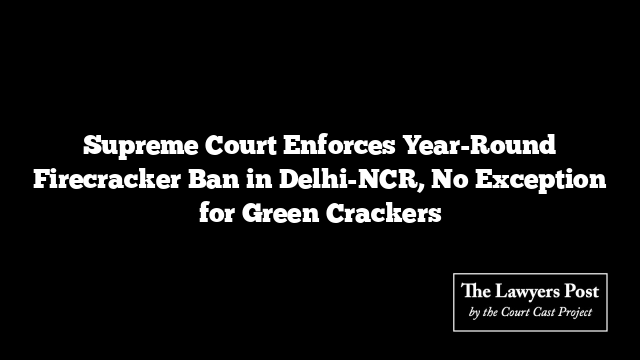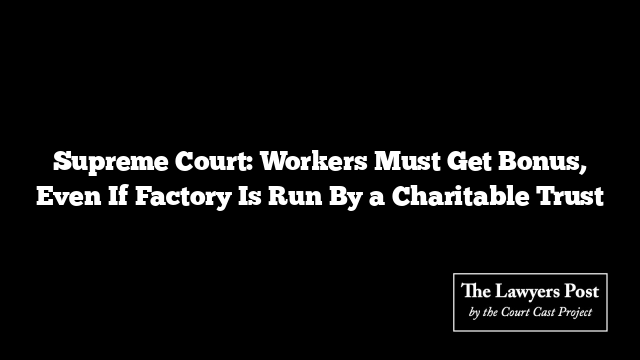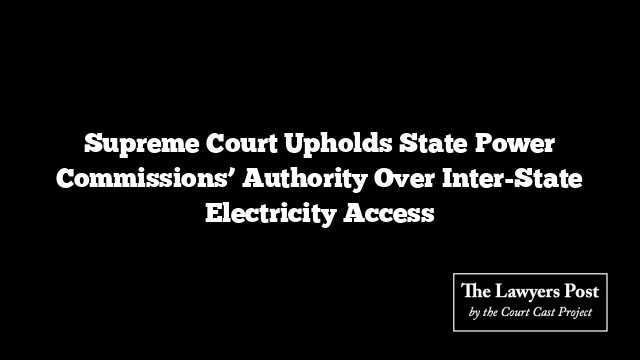In a landmark decision, the Supreme Court has imposed a year-long ban on the use, manufacture, sale, and storage of firecrackers across Delhi-NCR, ruling out any seasonal exemptions. The Court dismissed the idea of limiting the ban to just a few months, stating that such temporary measures have failed to curb the capital’s worsening air quality.
A bench led by Justice Abhay Oka and Justice Ujjal Bhuyan ruled against firecracker manufacturers who argued that the ban would impact their right to trade and livelihood. The Court, however, emphasized that public health takes precedence, particularly for those who cannot afford air purifiers and are exposed to the toxic air daily.
“Air pollution has remained at alarming levels for a prolonged period. The right to live in a pollution-free environment is an essential part of Article 21 of the Constitution. Temporary bans have not worked, and allowing even green crackers would not make a significant difference,” the Court observed.
The Court rejected exemptions for green crackers, citing government reports that their emissions are only 30% lower than conventional firecrackers. It stated that unless proven to cause minimal pollution, there would be no relaxation. The bench also pointed out that traders, under Article 51A of the Constitution, share a responsibility in ensuring a pollution-free Delhi.
This ruling is part of the Supreme Court’s broader oversight of pollution control in the National Capital Region, which includes addressing stubble burning, vehicular pollution, and waste management under the MC Mehta case.
Previously, the Court had criticized the lax enforcement of firecracker bans and had instructed Delhi and NCR states to decide on a comprehensive year-round prohibition. While Delhi had already implemented a blanket ban, Haryana had allowed green crackers, and Rajasthan had restricted firecrackers within its NCR zones. In response, the Court had directed Uttar Pradesh and Haryana to align with Delhi’s strict stance.
With this latest ruling, the Court has reinforced its position that only an uncompromising ban will have a meaningful impact on reducing pollution levels in the region.





